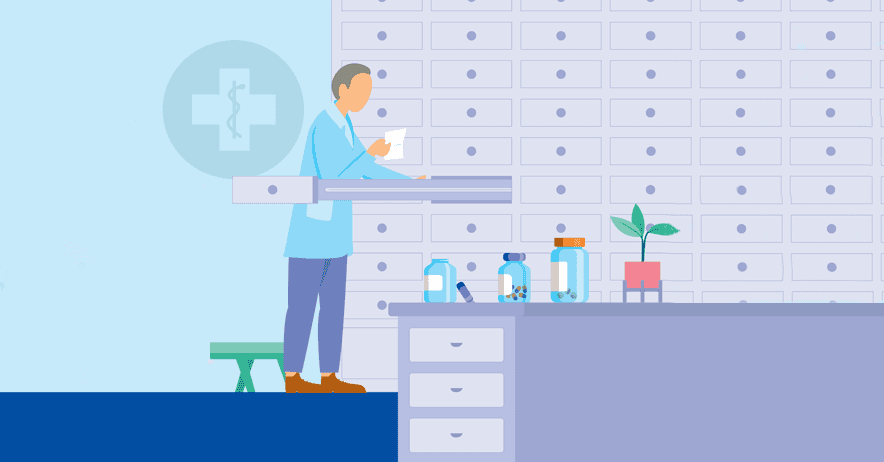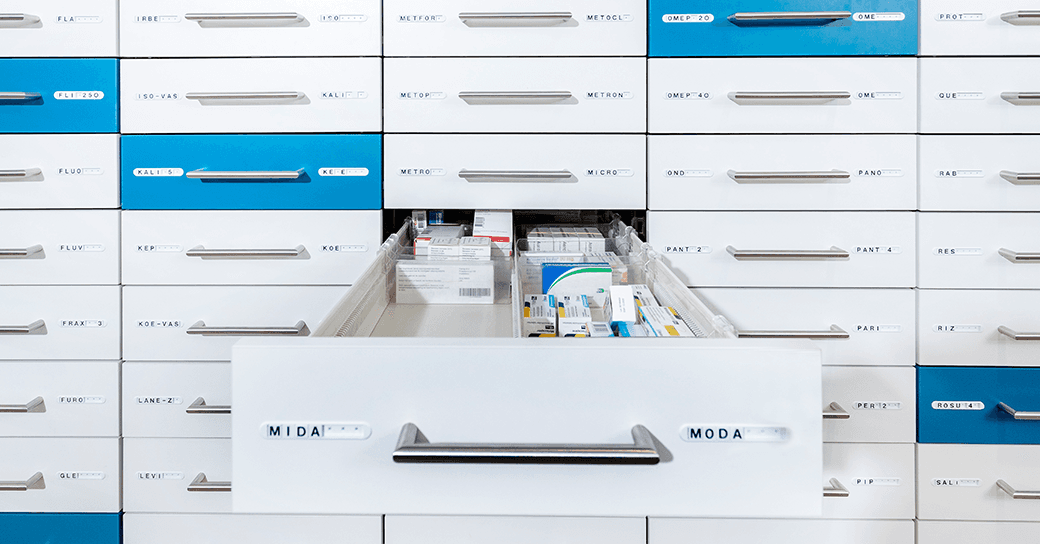The MEB regularly receives a notification from marketing authorisation holders that they will be (temporarily) unable to supply a medicinal product. The Medicines Act states that MAHs must notify the MEB of this.
As from 2017, marketing authorisation holders can submit this notification via the Medicine shortages and defects notification centre. The notification centre is coordinated by the MEB and the Health Care Inspectorate, commissioned by the Ministry of Health, Welfare and Sport. The marketing authorisation holder is also legally obliged to maintain a stock, so that the demand can be met quickly. However, a shortage can still occur. For example due to production problems, raw materials that can no longer be supplied, problems with quality, GMP issues (Good Manufacturing Practice) or GCP issues (Good Clinical Practice). A company can also decide that they will no longer market a medicinal product for safety reasons or for economic reasons.
If a notification is received that the marketing of a medicinal product will be disrupted, the MEB estimates the risks to the patient by determining whether the medicinal product is crucial in the treatment. The MEB also checks whether an alternative product is available.
Sometimes there is no alternative available, or there is a large group of users, or a shortage could result in life-threatening situations. The MEB cooperates with the working group on medicine shortages to find solutions for a possible shortage of a medicinal product. This resolves a lot of problems surrounding possible shortages, but not all. The working group consists of associations representing pharmacists, healthcare providers, patients, pharmaceutical companies, wholesale companies, health insurance companies and the Ministry of Health, Welfare and Sport.
Communication
If a temporary disruption in the supply will result in a risk to the supply of medicinal products, the MEB will publish a notification about this on the website. In addition to this, following consultation with the manufacturer and the Dutch Health and Youth Care Inspectorate (IGJ), a letter containing important risk information (DHPC) is often sent to the relevant doctors and pharmacists.
The MEB also consults with professional associations and patient organisations about informing healthcare providers and patients about a possible shortage of medicinal products.
International dimension
The MEB has noticed an increase in the number of reports of a shortage of medicinal products; this is an international problem. Medicine shortages are also discussed on the European level. The common EMA/HMA Task Force strives to improve the availability of medicines in Europe.
News

Revised notification form for medicine shortages and defects
The notification form of the Medicine Shortages and Defects Notification Centre has been made more user-friendly. The marketing ...
Read more
Improvements to the notification process and form now available
In December 2021 the Medicines Evaluation Board and the Health and Youth Care Inspectorate announced the introduction of changes ...
Read more
New reporting process for the Medicine Shortages and Defects Notification Centre
With effect from 1 January 2022, the Medicines Evaluation Board and the Health and Youth Care Inspectorate will be introducing ...
Read more
Medicine shortages and defects notification centre form improved
The notification form of the Medicine Shortages and Defects Notification Centre has been made more user-friendly. Various ...
Read more